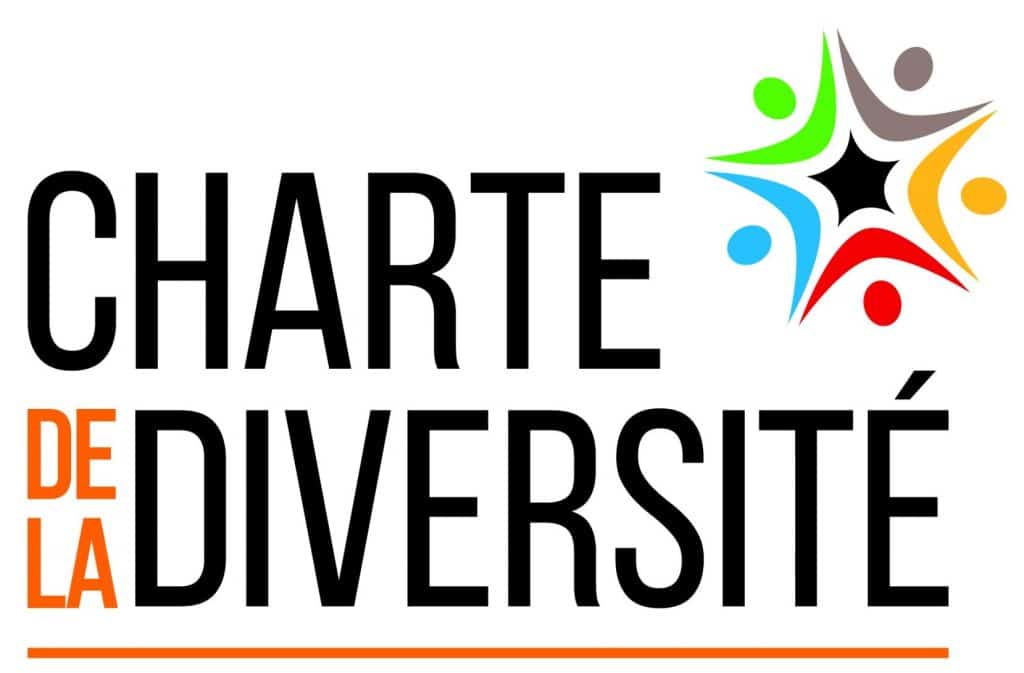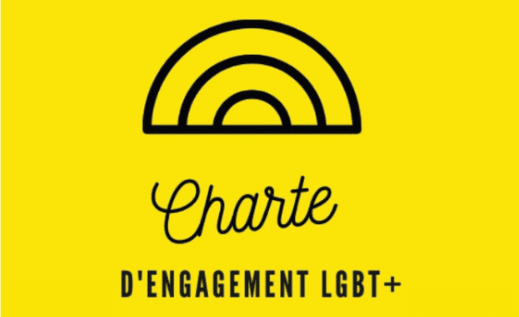The Z Generation: A Complex Identity Beyond Labels

In the realm of generational distinctions, the emergence of the Z Generation has sparked considerable debate. Born roughly between the mid-1990s and the early 2010s, this cohort follows the Millennials and is often characterized by their digital nativity, diverse perspectives, and unique cultural influences. However, the question remains: does the label « Generation Z » truly encapsulate their essence, and does it hold any meaningful significance?
Acknowledging Fluidity: The Evolution of Generational Boundaries
Firstly, it’s essential to acknowledge the fluidity of generational boundaries. Generations are not rigid constructs, but rather sociocultural markers that evolve over time. This generation, like its predecessors, is shaped by the events, technologies, and social norms of its era.
Distinctiveness Amidst Commonality: Challenges with the « Generation Z » Label
One argument against the label « Generation Z » is its lack of distinctiveness. Unlike prior generations defined by singular events like the Baby Boomers and the Vietnam War, the defining characteristics of the Z Generation are less distinct. While they’re influenced by technology and globalization, these factors aren’t exclusive to them, but rather shared across multiple generations.
Blurring Lines: Intergenerational Overlap and Stereotypes
Additionally, the term « Generation Z » suggests linear succession, ignoring intergenerational overlap. Many born on the cusp of Millennials and Z generations may identify with both, blurring distinctions. This label can perpetuate stereotypes, oversimplify identities, and overlook the diversity of experiences within the group, obscuring the reality that not all members share the same attitudes, beliefs, or values.
Redefining Approach: Embracing Nuance and Diversity
So, should we call them Generation Z? Perhaps a more nuanced approach is needed. Rather than relying solely on generational labels, we should recognize individuals for their unique traits, experiences, and contributions. This involves acknowledging the intersections of identity, including factors such as race, ethnicity, gender, and socioeconomic background, which shape each person’s worldview.
Looking Beyond Labels: Understanding Societal Trends
Instead of fixating on generational boundaries, we should focus on understanding the broader societal trends and forces that shape people’s lives. This means considering how technological advancements, economic shifts, and cultural movements impact individuals across generations, rather than pigeonholing them into predefined categories.
In conclusion, while the label « Generation Z » provides some insights into today’s youth, it isn’t definitive. As society evolves, identities and perspectives shift. Instead of rigidly adhering to generational labels, let’s embrace the complexity and diversity of human experience, recognizing individuals beyond simple designations.





